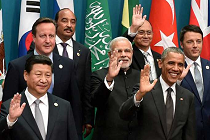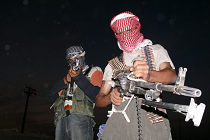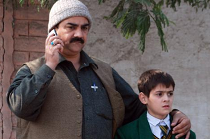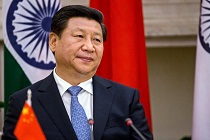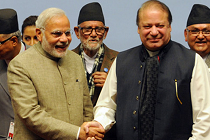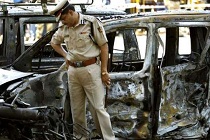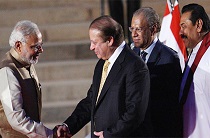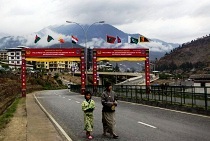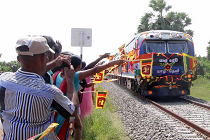India’s foreign policy reimagined
The style and substance of the foreign policies of Narendra Modi’s six-month-old government have been remarkably different from those of his predecessors. Gateway House examines the changes in India’s equations with three critical countries—the US, China and Pakistan—and outlines a foreign policy forecast for 2015

